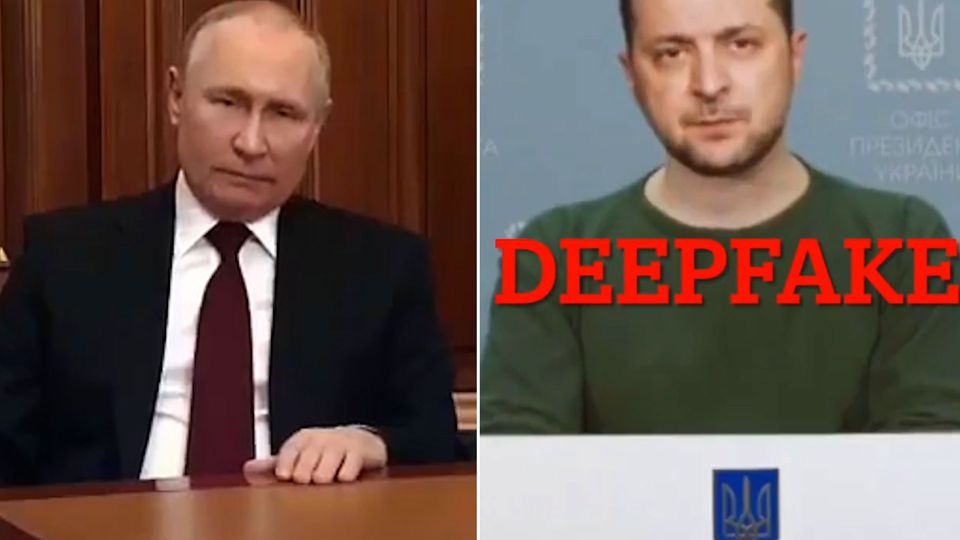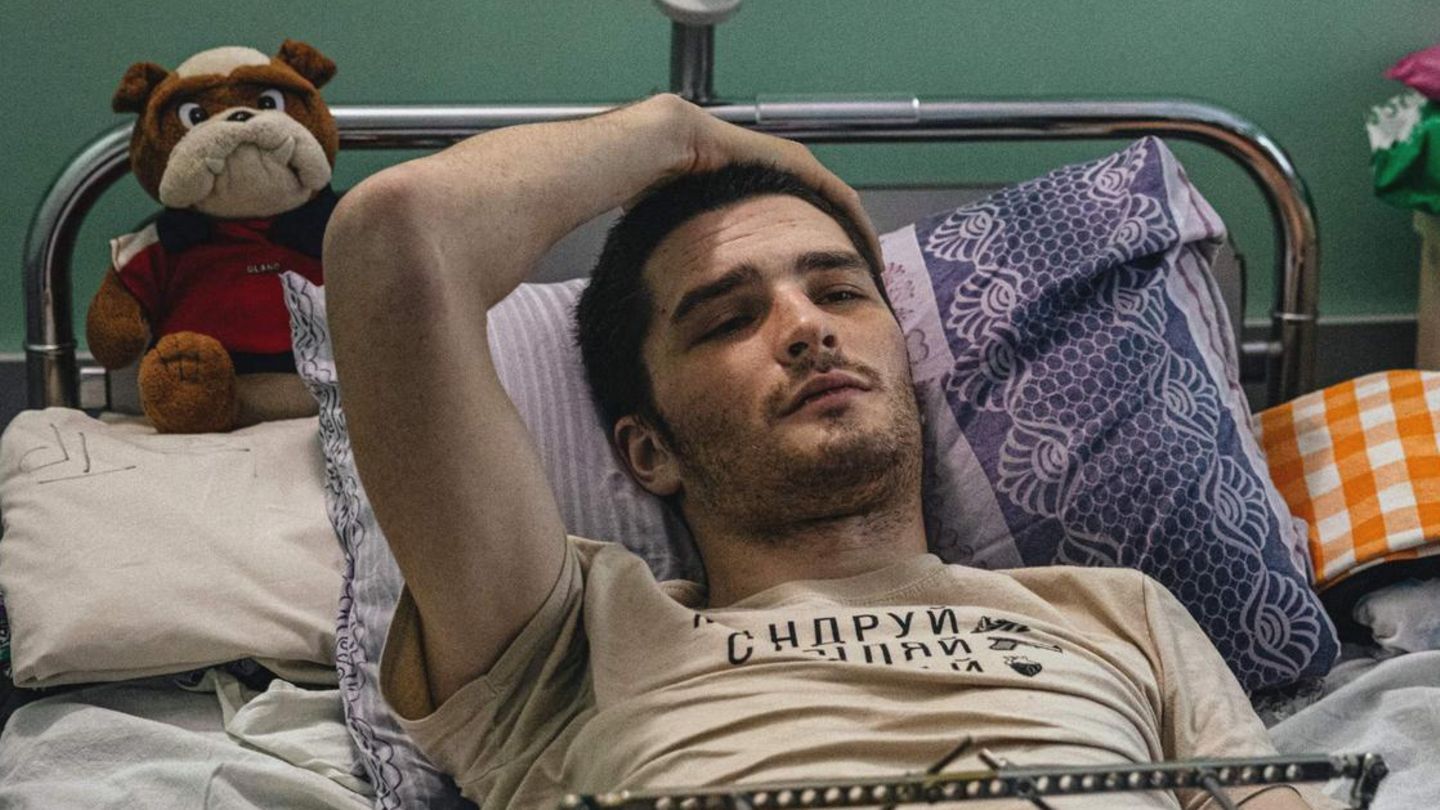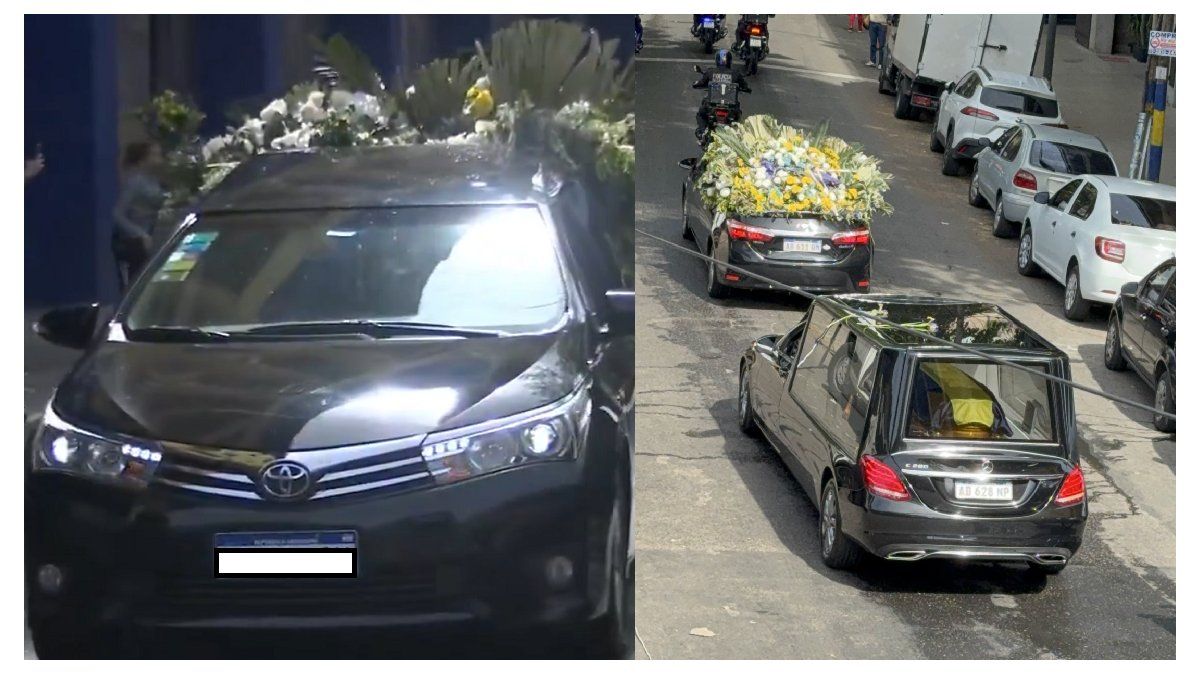Hunger, beatings, psychological torture: After being exchanged for Russian prisoners, Ukrainian soldiers reported how they fared in the hands of the Kremlin troops.
Thousands of soldiers have fallen into the hands of the enemy since the Russian invasion of Ukraine began on February 24. Their exact number is unknown. Kyiv has not given any information about Russian prisoners of war for a long time. The Defense Ministry in Moscow reported more than 6,000 captured Ukrainians at the end of June. However, this number cannot be independently verified. Between the armies of the two countries, prisoner handovers take place again and again. Most recently, Russia and Ukraine exchanged almost 300 prisoners last Wednesday.
Ukrainians report starvation, beatings and psychological torture
Mykhaylo was also a Russian prisoner of war. The 20-year-old had not yet completed his military training when Russian airborne troops attacked Hostomel airport near the capital Kyiv in the first days of the war. After a fierce battle, his unit had no choice but to surrender.
He was initially detained at various locations around the airport and later taken to the Russian city of Kursk via neighboring Belarus, reported Mykhaylo, who declined to give his full name for security reasons. After capture, “food was scarce” and POWs were only given a spoonful of oatmeal and a few tablespoons of water a day. The Russians “explained this by saying that they also lacked supplies”.
They had to routinely sing the Russian national anthem every morning, Mykhaylo told the broadcaster in a rehabilitation center on the outskirts of Kyiv about his captivity. “They took our uniforms, beat us up, put us in cells and took us for interrogation.” The Russians wanted information about the armament of the Ukrainian troops and, above all, asked about American Stinger and Javelin missiles. “But we didn’t have that.”
“Everyone was beaten,” reported the young soldier, who said he spent two months in captivity before being released as part of an exchange campaign. But he was lucky himself. Some other prisoners — both civilians and military personnel — would have suffered far worse sentences. One of his fellow inmates told him that his tormentors beat him in the kidneys and face wherever they could for an hour. “When he slept, he moaned all night,” Mykhaylo said. “We wanted to help him somehow, but there was nothing we could do.” Others who had tattoos with Ukrainian symbols were “beaten very badly”.
“I’d like to cut off your ear”
Marine Glib Stryzhko also experienced Russian captivity. The 25-year-old Ukrainian was one of the defenders of the port city of Mariupol and was seriously injured and taken prisoner by Kremlin troops in April and taken to a hospital. In the clinic, the Russians “didn’t treat the wounded prisoners seriously,” Stryzhko reported. “My station neighbors had shrapnel in their bodies. The Russians didn’t even pull them out — they just bandaged their wounds and their limbs continued to rot.”
said the 25-year-old, whose statements, like Mykhaylo’s, cannot be independently verified, that the hospital gave him just enough to eat to stay alive. A nurse verbally abused him in Russian and left the food next to his bed, knowing he could not eat without help. “Then the nurse came back and said, ‘So you’re done?’ and took away the food.”
The nurses accused him and his ward neighbor: ‘Because of you my son was killed.’ He tried to show understanding, but the nurses accused them of things they never did, the Ukrainian explained. ‘And we kept getting Russian ones News read aloud, morning and evening. It was an enormous pressure on our psyche, a distortion of reality.”

Stryzhko said he was under constant surveillance in the hospital. Once a guard ran a knife along his skin and threatened: “I would like to cut off your ear or cut you like the Ukrainians cut our prisoners.”
On April 28, he was finally exchanged with three other seriously injured compatriots. He was first flown to a military airfield in Crimea and then taken by military truck to a hospital in the Ukrainian-controlled city of Zaporizhia. “The truck driver came up to me, patted me on the chest and said, ‘Relax, you’re in Ukraine now,'” Stryzhko said of the handover. “And that’s when I started crying.”
Sources: ,
Source: Stern
David William is a talented author who has made a name for himself in the world of writing. He is a professional author who writes on a wide range of topics, from general interest to opinion news. David is currently working as a writer at 24 hours worlds where he brings his unique perspective and in-depth research to his articles, making them both informative and engaging.




